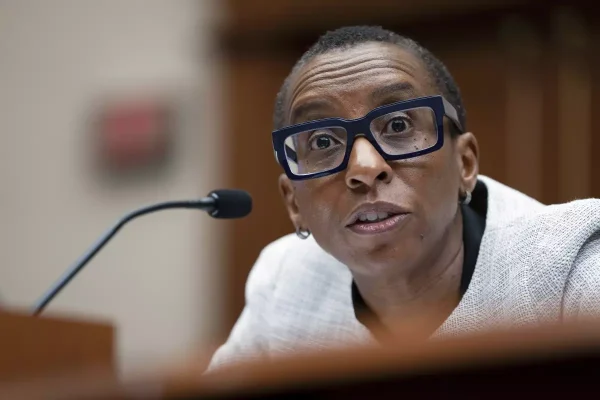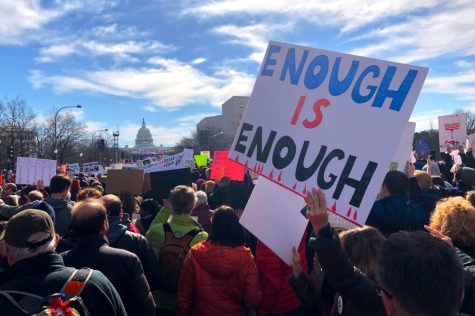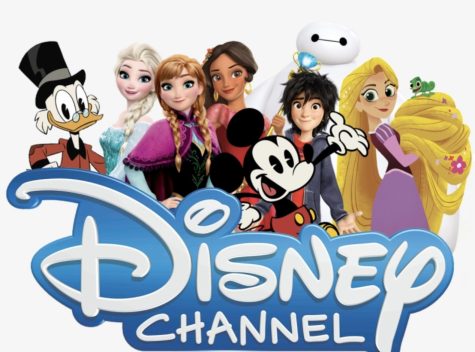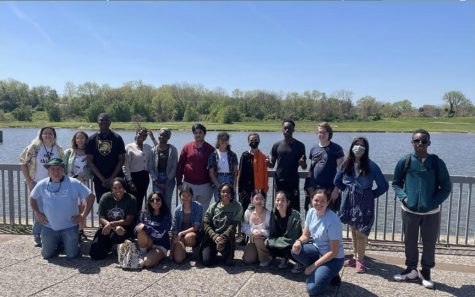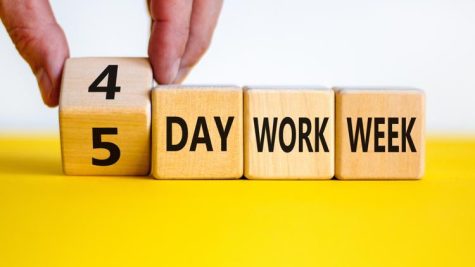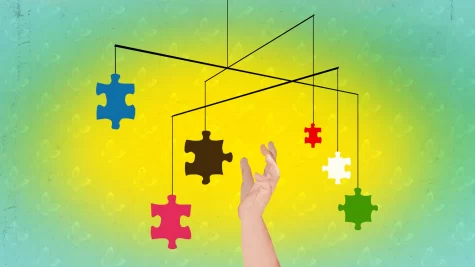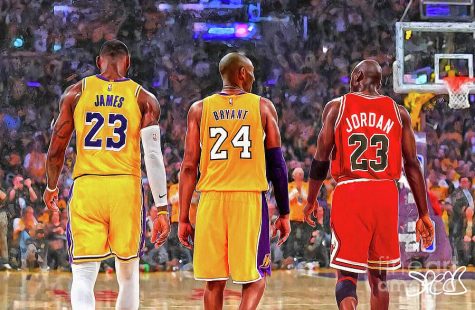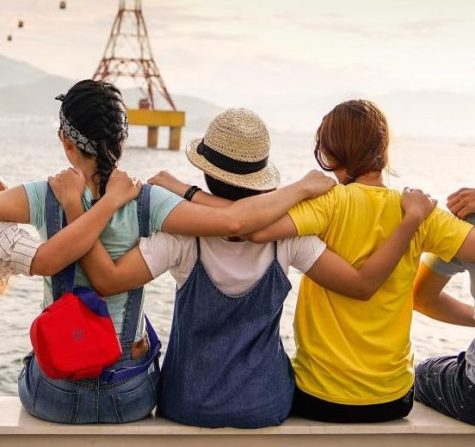Banned Books Opinion
February 3, 2017
On December 13, 2013, Karl Pierson, a student at Arapahoe High School in Colorado, shot one of his classmates leaving her in a coma, then took his own life. In Karl Pierson’s diary he wrote that he would shoot up his school about 3 months before the shooting occurred. Along with being armed with a shotgun, Molotov cocktails, and a machete he was also in possession of the book called The Anarchist Cookbook. The book. published in 1971, by a 19 year old William Powell, gives in depth instructions on how to make explosives, weapons, drugs and other items. However, after hearing about how his book may be linked to the Colorado school shooting, William Powell himself said that he wants his own book out of print and off of shelves across the United States.
In the case of The Anarchist Cookbook, the book has the potential to incite harm and terror to the public. However, does that potential warrant the outright banning of the book? In order to ensure the power to control information and to censor ideas is out of the hands of the government, books that contain potentially dangerous information or widely unaccepted ideas should be accessible just as any other book. Even if an idea is widely unacceptable, an idea is still an idea. To censor an idea, no matter how bad it may seem, would deprive us of our first amendment rights. No matter how much remorse William Powell may feel and no matter how potentially dangerous his book may seem, stripping the people’s power to express their ideas is a lot more dangerous.
The danger in banning the distribution and ownership of books is clear but an entirely new issue arrives when it comes to books in institutions such as schools and public libraries. Recently, a school district in Virginia banned The Adventures of Huckleberry Finn and To Kill a Mockingbird. The motive behind banning these two books was the excessive use of the n-word. Parents who complain about these books being taught often say that the use of racial slurs are offensive and disturbing to the kids reading them. Yet most of these books provide an authentic view of times that African Americans actually suffered through. The excessive use of the n-word may be disturbing to readers but it is even more disturbing that African Americans had to live through times like those. So, to ban important pieces of literature for conveying the harshness of reality that once existed is the quickest way to have that reality repeat itself.
Many of the parents who condemn the teaching of these books seem to either misunderstand the message these books are trying to convey or are desperately trying to preserve the innocence of their children. But by desperately trying to preserve the innocence of their children they are only succeeding in creating ignorant adults. Instead of outright advocating the banning of books such as The Adventures of Huckleberry Finn and To Kill a Mockingbird, parents and the school district should bear the responsibility of teaching students about racial issues and other controversial but real topics.
According to The Washington Post, In Fairfax county, parent Laura Murphy wants Toni Morrison’s novel Beloved banned from classrooms for it’s graphic content. It’s a story about an African American slave that contains scenes of gang rape, bestiality, and the murder of an infant. After her son experienced nightmares after reading this novel she decided to maker it her mission to protect the rest of the students from what her son couldn’t handle. Not only can scenes of rape, bestiality, and tragic death be found in other approved pieces of literature but also one parent shouldn’t be able to speak for all parents and students. By outright banning the books you strip students of the opportunity to read, discuss, and learn from the past. If a parent insists that their child is unable to understand main underlying message that these books are trying convey then they have every right to stop their child from attending the lesson but they should not stop the lesson itself.


